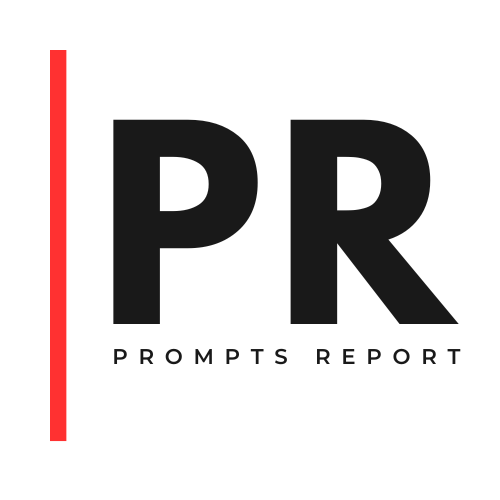Adobe Injects AI into Photoshop, Simplifies Digital Creativity

Adobe has announced that it will integrate generative artificial intelligence (AI) into its acclaimed Photoshop editing software, streamlining the creative process for novices and experts alike.
Inspired by AI image creation technologies such as Midjourney and DALL-E, Adobe's new AI tools will enable users to generate stunning imagery from simple text prompts, transforming complex editing tasks into effortless commands.
Since its launch in 1987, Photoshop has become a linchpin in the creative industries, renowned for its sophisticated photo editing and graphic design capabilities. However, its power has traditionally come with a substantial learning curve. Adobe's move towards AI integration aims to dismantle this barrier, bringing Photoshop's capabilities to a broader audience.
In a recent demo, Adobe VP of Digital Imaging Maria Yap showcased the ease and speed of the new AI tools, turning an hours-long editing process into mere minutes using a simple four-word prompt.
David Wadhwani, Adobe's President of Digital Media, envisions the AI enhancements as a catalyst for content creation, opening up opportunities for a larger number of creators to produce and monetize high-quality content. Wadhwani anticipates a "transformational impact" from the update, changing the creative landscape significantly.
The AI integration has sparked conversations about the potential impact on employment in creative industries. However, Adobe is not blind to the ethical implications of this technology shift. As a response, they have introduced Content Credentials, a program within Photoshop that allows creators to verify whether an image has been altered by AI. This move forms part of Adobe's broader commitment to the Content Authenticity Initiative (CAI), a coalition of over 1,000 companies promoting transparency and trust in digital media.
Adobe has also made clear its intent to ethically source data for AI training, focusing on licensed stock imagery and compensating artists who contribute to the process.
Terrence Masson from the School of Visual Arts raises an interesting point, noting that while AI integration may streamline production for lower-end tasks, the necessity for skilled artistry will remain at the upper echelons of the creative field.
As the AI-powered Photoshop revolution unfolds, the creative industry watches with bated breath, anticipating a future where high-quality content creation is more accessible than ever before.





